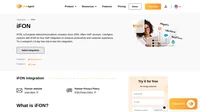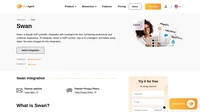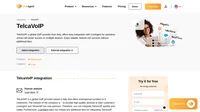What is a voice over IP phone number?
Voice over Internet Protocol or VoIP phone number enables people to make regular phone calls with only a stable internet connection.
Businesses rely on VoIP phone numbers to make and receive incoming calls. A customer service team cannot handle their daily tasks without the VoIP technology to communicate with customers and keep the business running.
What is a VoIP number used for?
These numbers can be used to call potential customers and convert the leads to maintain a strong customer base.
Businesses use VoIP numbers to keep their customer service top-notch and allow customers to reach out to them in case of an issue or complaint. They are also used for intracompany communications.
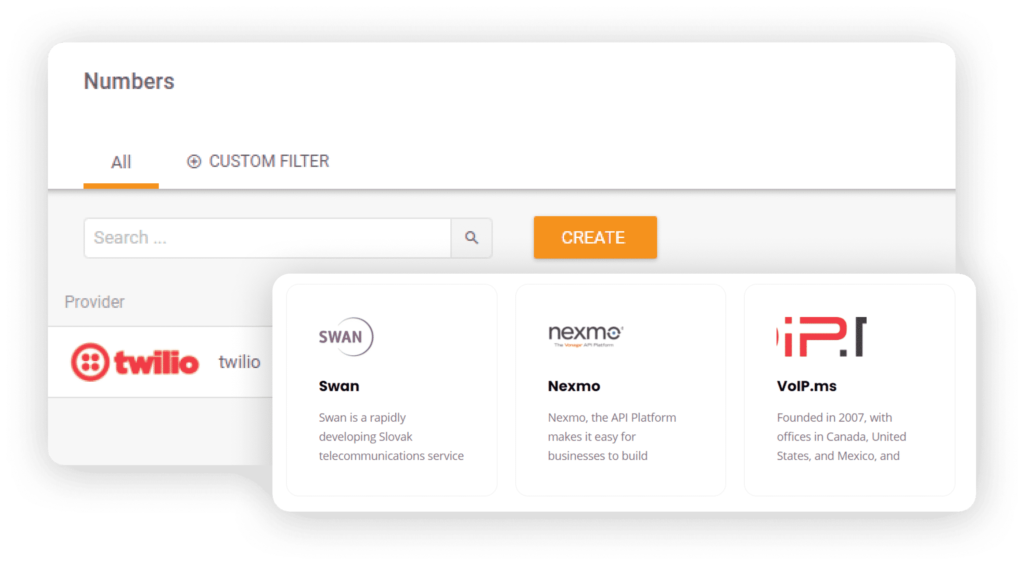
Why should businesses use VoIP phone numbers?
VoIP network allows the user to make calls at drastically lower rates compared to the rates offered by telephone companies. This is an excellent advantage for businesses in the long run.
Other than that, companies need to have multiple phone lines to carry out the business, which can cost a fortune. Also, with a VoIP number, multiple calls can be made simultaneously, unlike with a typical telephone network.
An all-digital VoIP network could be used with a variety of internet-connected gadgets. Businesses benefit from this since they no longer have to handle corded phones.
How to get a VoIP number?
You can get VoIP numbers from VoIP service providers in a similar way you obtain a landline from a conventional phone number provider.
The method for obtaining VoIP phone numbers, on the other hand, is more simplified than the usual way of obtaining it.
While using your VoIP phone numbers to receive and make phone calls, you’ll be depending on your VoIP provider’s IP address to establish the connection. Here are a few things to remember when looking for a VoIP provider.
- Pay special attention to the pricing of the packages offered by the provider.
- Ensure that the connection is high-quality so that you don’t need to worry about audio quality later on.
- See if the provider is reliable (you can look at reviews).
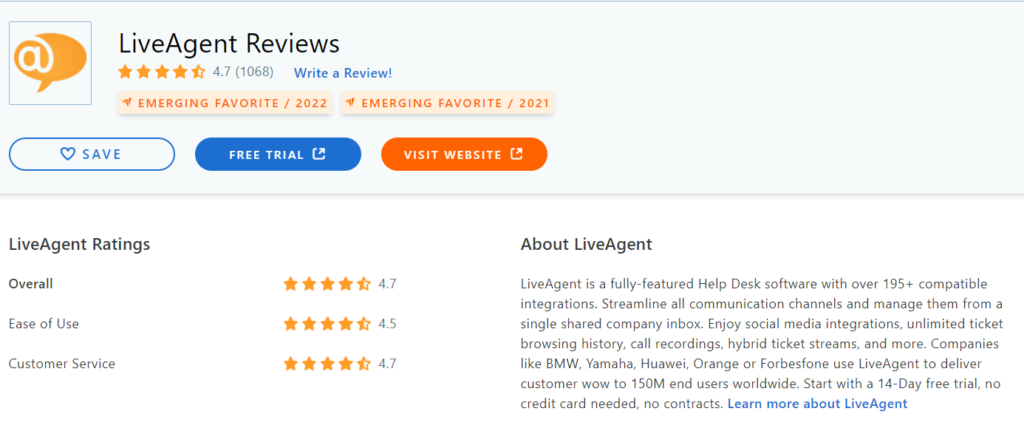
How do you know if a number is VoIP?
Certain websites on the Internet allow you to carry out LRN lookups (location routing number). You can use them to find out if the number is VoIP as it informs you about who the carrier is. You can then search the carrier’s name and see if it’s a VoIP provider. You can also use reverse phone lookup websites.
Differences between VoIP numbers and regular phone numbers
Pricing
The biggest and most significant difference between the two boils down to pricing. Though international calling is enabled on conventional phone numbers, the extra charge is exceptionally high. On the other hand, VoIP devices are a good option as they provide a wonderful calling experience over a stable Internet connection. They offer much cheaper rates for unlimited calling on international phones. VoIP is, in general, less pricey than regular phones.
Technology
Regular phone numbers are bound to a traditional landline; however, a VoIP number can be used with any internet-connected device. VoIP uses Internet connection or LANs to work while regular phones are routed over a phone line.
Mode of Transmission
The mode of transmission used by regular phones and a VoIP are poles apart. VOIP phone numbers are not tied to a particular place. The area code has almost no meaning for VOIP network services, which means they are location-independent. On the other hand, a conventional phone number needs an area code to work as the geographical location bounds them.
Differences between fixed and non-fixed VoIP phone numbers
A physical location is associated with a fixed VoIP phone number. It has a genuine address and an actual owner associated with it. This adds to the credibility and acceptance of fixed VoIP numbers. Because it is more difficult to conceal their identities, they are less likely to be used by scammers and cybercriminals.
While non-fixed VoIP phone numbers are not associated with a physical location, they may be connected with any geographic location since they do not need a permanent address. It means they’re an excellent choice when working remotely.
VoIP numbers are only available to users living in the provider’s country. While it is possible to employ them on any device, you must give a physical location for the registration.
Can I find a phone number owner if it is VoIP?
Yes, you can. Here are some of the ways of finding the VoIP phone number owner:
- CNAM Lookup
- reverse phone lookup
- employing VoIP service provider
- using hardphone or softphone packets
- changing the setting to show caller ID
- IP address lookup
How to trace a non-fixed VoIP number?
Although it is difficult to trace a non-fixed VoIP number, you may use a specialized packet sniffer tool to track what Internet network pathways were accessed. Unfortunately, it will not identify the exact location or recognize the host device. In case something serious happened, you can involve the authorities.
Set up your VoIP system in few minutes with LiveAgent.
Curious about VoIP and how it can give you the ability to make affordable calls?
Frequently Asked Questions
Can VoIP texts be traced?
VoIP texts can potentially be traced, but the ability to do so depends on various factors such as the specific VoIP service being used or the level of encryption. Many VoIP services offer end-to-end encryption, which can make it more difficult for third parties to intercept and trace the texts.
Can you choose your VoIP number?
Users can choose their own phone number based on availability and location. Some VoIP service providers offer the option to select a specific area code or exchange, while others may provide a list of available numbers for users to choose from. Additionally, some VoIP providers may allow users to transfer an existing phone number to their VoIP service.
Can two people have the same VoIP number?
Most VoIP service providers assign a unique number to each user to avoid confusion and ensure that calls are correctly routed to the intended recipient.
What is a Voice over IP phone number?
VoIP phone number is assigned to you when you sign up for a VoIP service. This service allows for the delivery of voice communications and multimedia sessions over Internet Protocol networks.
What is a VoIP number used for?
Companies use VoIP phone numbers to keep their customer service top-notch. These numbers can be used to call potential customers and convert the leads as well as to receive customers’ requests.
Why should businesses use VoIP phone numbers?
The biggest reason is that the VoIP network allows the user to make calls at reduced costs compared to telephone companies. Businesses benefit from an all-digital VoIP network that could be used with various internet-connected gadgets without worrying about landlines.
How do I get a VoIP number?
They are provided by VoIP service providers.
How do you know if a number is VoIP?
You can use LRN lookup or other ways of tracking a number, then search the name of the carrier and see if it's a VoIP service provider or not.
What is the difference between VoIP numbers and regular phone numbers?
To make a call using a standard phone, you'll require a phone service. Your audio is translated into vibrations sent to the other side via fiber-optic connections. In comparison, VoIP calls operate by converting auditory signals into information packet collections and transmitting them over the web. VoIP calls are made using computers or other devices linked to the Internet.
What are the differences between fixed and non-fixed VoIP phone numbers?
A fixed VoIP phone number has an address and an actual owner associated with it. They are less likely to be used by scammers and cybercriminals. Non-fixed VoIP numbers may be connected to any geographic location, so they don't require a specific address.
After learning about VoIP numbers, you might be interested in understanding VoIP call blocking. This article explains how you can block unwanted calls and set up apps to filter spam. Additionally, discover what a VoIP caller is and how VoIP caller ID can benefit you. You'll also find tips on blocking unwanted VoIP calls and setting up caller ID. Finally, dive into the world of VoIP software to explore its features and uses. Learn about the benefits of using VoIP software over traditional phones and what to consider when choosing one.
20 Best VoIP phone systems and integrations
Explore the top 20 VoIP phone systems and integrations for 2024 to enhance your business communications. Learn how to choose the best VoIP solution based on features, pricing, and requirements to streamline operations effectively. Discover the benefits of VoIP technology and find the perfect fit for your company's needs.

 Български
Български  Čeština
Čeština  Dansk
Dansk  Deutsch
Deutsch  Eesti
Eesti  Español
Español  Français
Français  Ελληνικα
Ελληνικα  Hrvatski
Hrvatski  Italiano
Italiano  Latviešu
Latviešu  Lietuviškai
Lietuviškai  Magyar
Magyar  Nederlands
Nederlands  Norsk bokmål
Norsk bokmål  Polski
Polski  Română
Română  Русский
Русский  Slovenčina
Slovenčina  Slovenščina
Slovenščina  简体中文
简体中文  Tagalog
Tagalog  Tiếng Việt
Tiếng Việt  العربية
العربية  Português
Português 
